These foods have been stuck with a bad reputation that they don’t deserve..
White rice
Some of the healthiest nations enjoy white rice at most meals, and research has shown that people who eat rice are less likely to be overweight. While white rice is more processed than brown, it is still a whole grain and a great carbohydrate option for those with coeliac disease.
Eggs
Eggs are packed with protein, and having them at breakfast will keep your hunger under control longer than a carb-heavy option. Don’t skip the yolks! In addition to protein, egg yolks are packed with vitamin D, phosphorus, riboflavin, choline and selenium.
Pasta
Pasta made from durum wheat has a glycaemic index of 45-50, which is considered low. That means that eating pasta won’t cause a quick rise in blood sugar levels, and will keep you feeling full. The key is to keep portions to no more than 80g per person, and to pair pasta with fibre-rich vegetables and lean protein.
Gluten
Coeliac disease is a serious medical condition, and gluten intolerance can cause discomfort and pain. However, despite the current craze for gluten-free foods, the vast majority of people have no problem digesting gluten. Gluten is simply a protein found in certain grains, and is responsible for the texture of baked goods. If you don’t have a specific problem with it, you’re actually significantly better off avoiding gluten-free versions of bread and cakes, as these are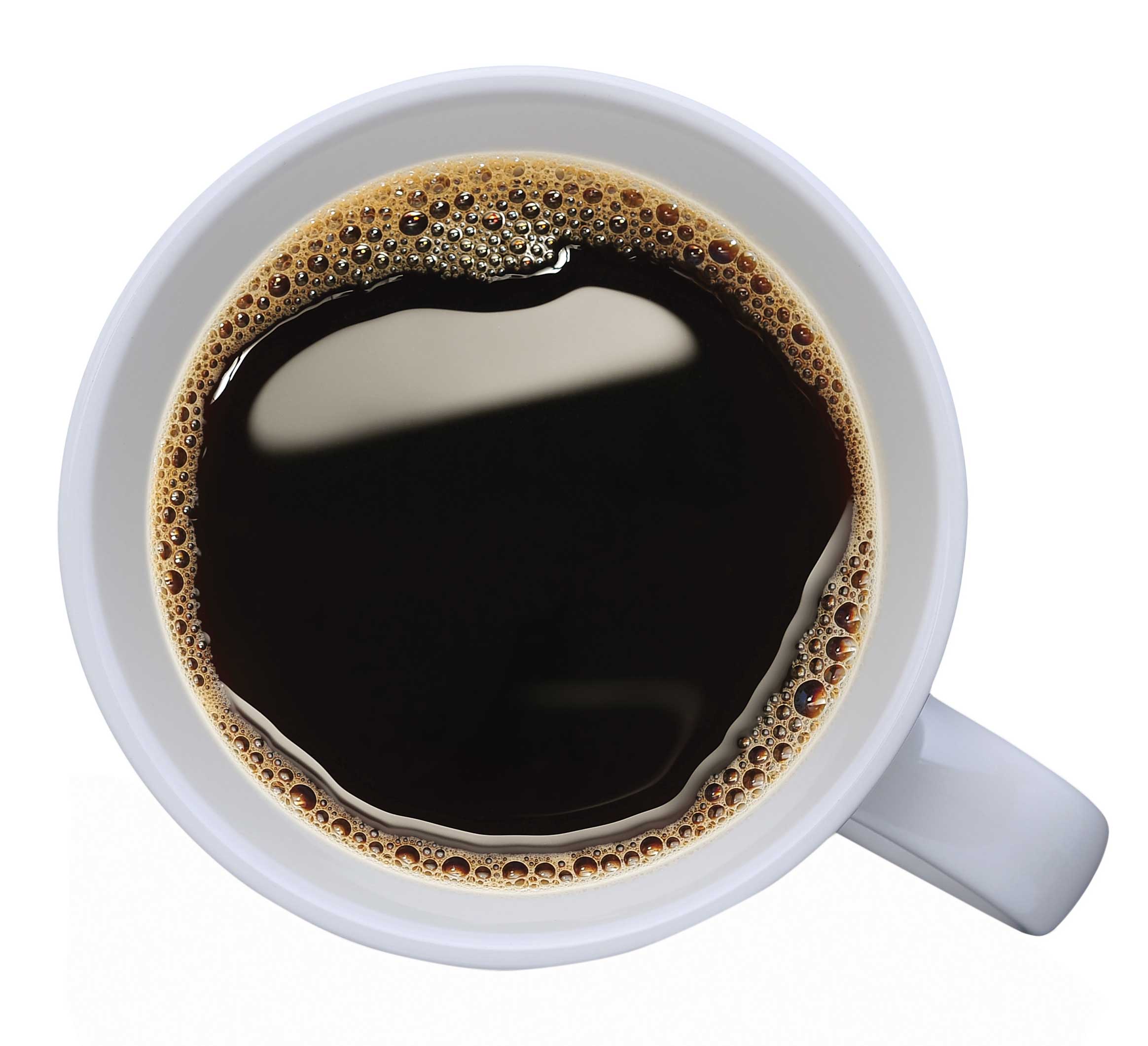 often loaded with additives and extra sugars to compensate.
often loaded with additives and extra sugars to compensate.
Coffee
In addition to that all-important caffeine, coffee is also rich in flavonoids, known to help improve heart health. Coffee may also help to reduce the risk for type 2 diabetes, Alzheimer’s and Parkinson’s disease.
Bread
Highly-processed bread has lost practically all of its nutrients by the time it sits on supermarket shelves, but real, homemade breads are still good for you — use good-quality, stone-ground whole wheat flour to reap the benefits. Sourdough and other yeast breads, in particular, are great for keeping your gut healthy; gut health has recently been shown to impact everything from weight to mental health.
Full-fat dairy
If you need proof that real, full-fat dairy won’t make you gain weight, just take a look at the enviably slim yet cheese-obsessed nation of France. In fact, three of the world’s biggest cheese-consuming countries — France, Italy and Greece — have some of the lowest rates of obesity and cardiovascular disease in the Western world. Cheese is chock full of protein and calcium, aids with digestion and is excellent for reducing acidity in your mouth, keeping your teeth strong.
Potatoes
Potatoes are one of the few vegetables often considered unhealthy due to their high glycaemic index, and the fact that they are so strongly associated with chips doesn’t help! However, spuds are a valuable source of brain-fuelling carbohydrates, minerals, vitamin C, B vitamins and fibre. They’re also naturally fat- and cholesterol-free. Most of the fibre is found in the skin, so scrub rather than peel to maximise benefits.
- summer events
- small business
- gut health
- OATLY
- healthy
- Crudo
- top tips
- All Together Now
- fridge cake
- Events Waterford
- me auld flower
- Events Ireland
- food festival
- news
- dublin
- events Dublin
- dublin festival
- Home-Cooking
- food and drink festival
- online cooking course
- festival line-up
- cooking
- Summer festival
- eco-friendly
- Events
- cosy
- Festivals Ireland
- wine
- Body & Soul
- grapes
- music festival
- south africa
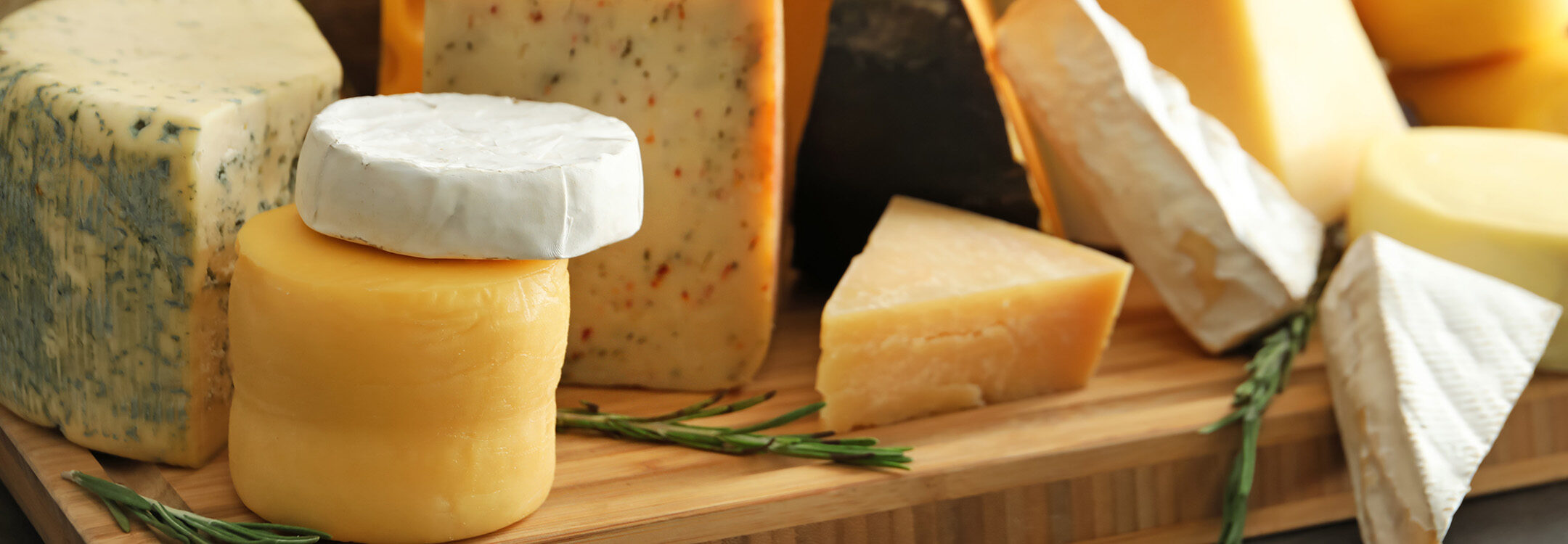

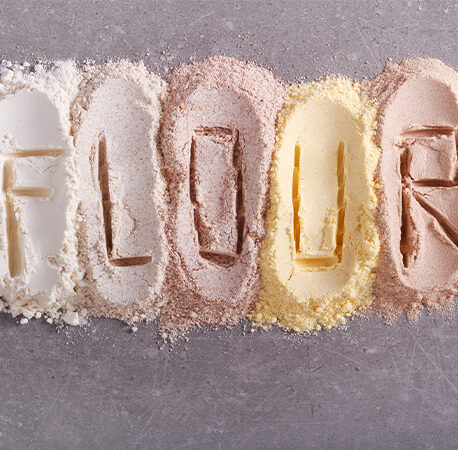
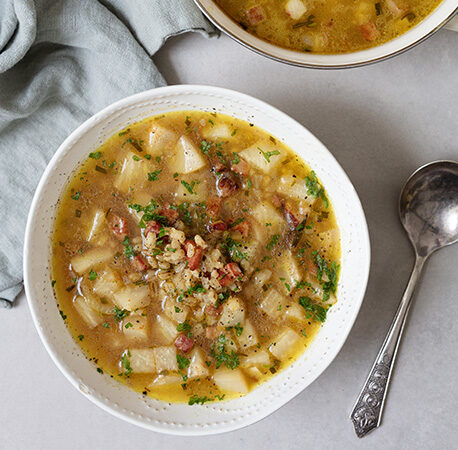
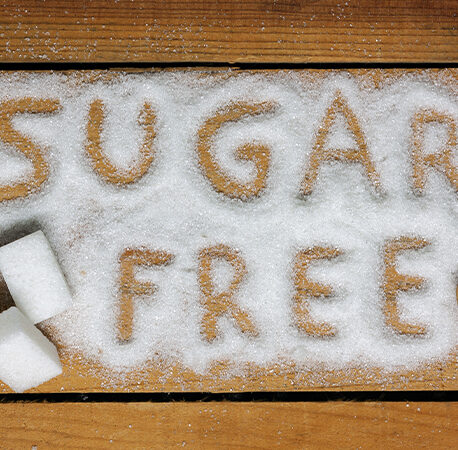
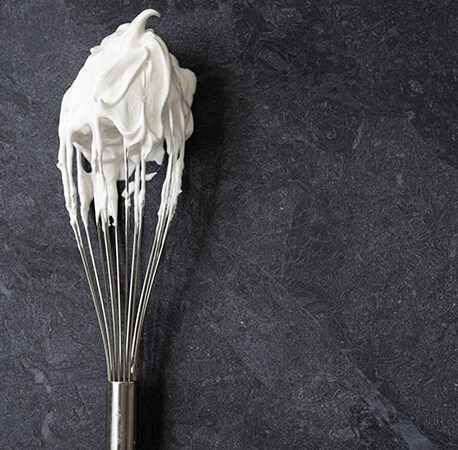
You have to be signed in to comment this post.